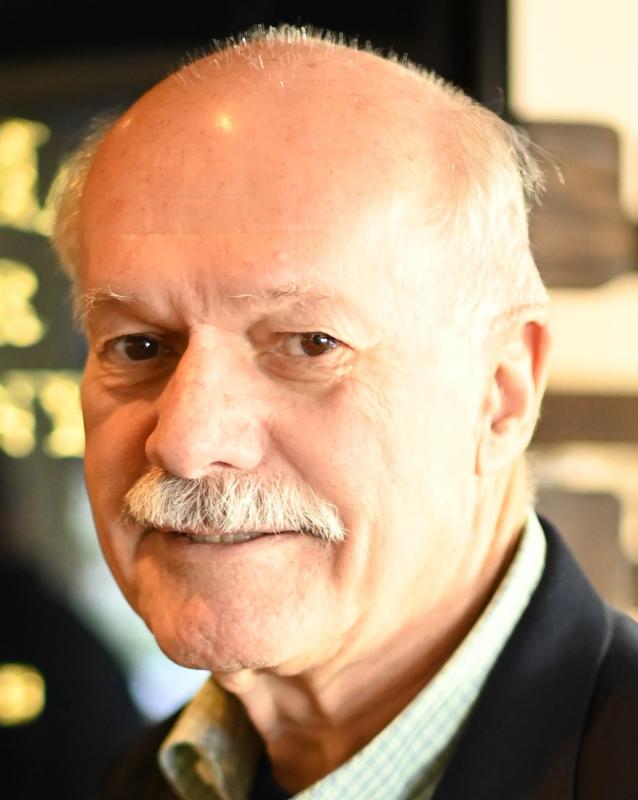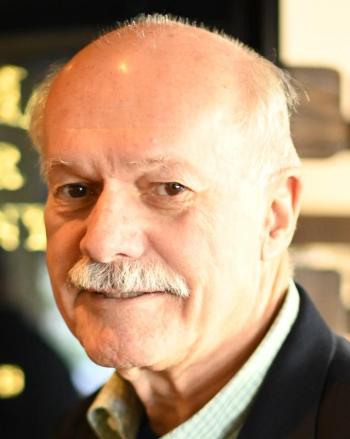Thoughtful grid reform needed without compromising reliability
In responding to Marina Schauffler’s recent editorial about the need for utility improvements to meet modern demands, Central Maine Power would expand on three points of agreement and demonstrate why three others are incorrect.
First, the current grid was designed over 100 years ago to deliver power safely, one-way, from large central stations where energy is generated out to customers. Because of where they connect to the grid, distributed generation sources fundamentally change how the grid operates, requiring power to flow in two directions. It does need to be re-engineered to accommodate more distributed generation – solar and other renewable sources – and to support the expansion of the expected increase in demand for new uses, like heat pumps and EVs.
This can and is being done, however it must be done safely such that the new power sources do not cause faults, damage equipment or customer property, injure employees or cause lengthy outages.
Imagine that overnight, the direction of traffic on the Maine Turnpike were reversed. Entrance and exit ramps need to be revamped. Signs need to be reposted. Tollbooths need to be re-sited — all to ensure safe traffic flow and no accidents or casualties.
The 2019 legislation enabling the growth of solar projects has created an unprecedented deluge of new projects-probably more than in any other state – and it certainly was not anticipated by any State plan to grow so fast in just one year.
In 2018, CMP received five requests to connect new large solar sources to our infrastructure along with hundreds of small rooftop installations. At the end of 2020 we had 600 larger projects in queue.
The cumulative amount of new power that would be put onto the grid by these projects is 2,000 megawatts (MW) exceeding current combined peak demand of all CMP customers of 1,700MW. CMP’s primary obligations are to safety and reliability and this amount of new energy requires the company to be thorough in its analysis and solutions.
Second, Ms. Schauffler is correct that CMP has not previously undertaken this planning. However, she fails to explain the reason why.
Maine’s regulatory policies for interconnecting new generation are reactionary by design and require the generator to pay for all required changes to the grid. CMP is prohibited from spending customer dollars to upgrade the grid to accommodate policies and demand that do not yet exist.
We could not have reasonably predicted 10 or 15 years ago if or when Maine would pass legislation enabling this rush to renewables development. Nor could we anticipate how many or where the projects would be sited across our 11,000 square mile service area in order to proactively strengthen the distribution system. Further, we could not have known what generation developers would ultimately pay for these upgrades that would not be needed but for these new sources.
The good news is that the MPUC has announced it will now evaluate the current and future capability of the grid to accommodate these changes system-wide.
Contrary to some dated narrative, CMP welcomes both renewable power and the shift to beneficial electrification of our transportation and other systems. We actively supported the 2019 legislation that enabled the new renewables projects and participated in the Governor’s Climate Council. We work daily with many solar developers with aims to site projects close together, to ensure that each of these projects connects safely, and that the sheer number of projects does not cause unintended consequences such as power interruptions.
Third, Ms. Shauffler is correct that CMP spends a lot of time talking about safety and reliability – especially with regulators and legislators. Why? While the distribution of electricity is complex, expensive and easy to ignore, what happened in Texas — while a generation not a distribution failure, is what happens when reliability and safety are overlooked.
While we agree with Ms. Shauffler in part, her editorial contains inaccurate statements and pertinent omissions that need to be corrected and addressed.
CMP is not guaranteed a rate of return on its distribution system investments, rather we are provided an opportunity to earn a return as determined by the Maine Public Utilities Commission.
By way of recent history, in 2019 and 2018 CMP’s return on common equity did not meet the opportunity of 9.45% allowed by the Commission.
In 2019, the Company earned 5.8% and in 2018 the Company earned 4.2%. In March 2020, the Commission set CMP’s return on equity at 8.25% and CMP’s actual returns in 2020 were only 5.7%.
Shareholders have invested more into Maine’s grid than they have earned. Over the past 10 years, CMP has invested $3.17 billion into our infrastructure over 107% of profits.
CMP is one of the most transparent companies in the state. Interconnection costs provided to project developers in early planning stages are based on estimates — as understood by both parties. These are estimates before specific engineering and design can be done on system protections and upgrades that will be needed to ensure new projects are connected safely. In fact, in the example provided — and misconstrued by the editorial — CMP initially estimated costs for 18 developers out of the hundreds we work with – citing substation rebuilds that would be required for any similar new source of energy brought onto the system.
Realizing that the estimated cost of the proposed solutions would not be practical, we immediately retracted them to examine less expensive risk-protection options. (This was not done out of pressure from other parties, timing was coincidental).
Finally, despite her insinuation, CMP is not behind the current bill to repeal net energy billing.
CMP is part of a company that operates the third largest renewables company in the US — with wind and solar facilities in 22 states. Count us among the 81-85% of those who support solar and renewable power in Maine.
David Flanagan is executive chairman of the Board of Directors of Central Maine Power
Event Date
Address
United States

























